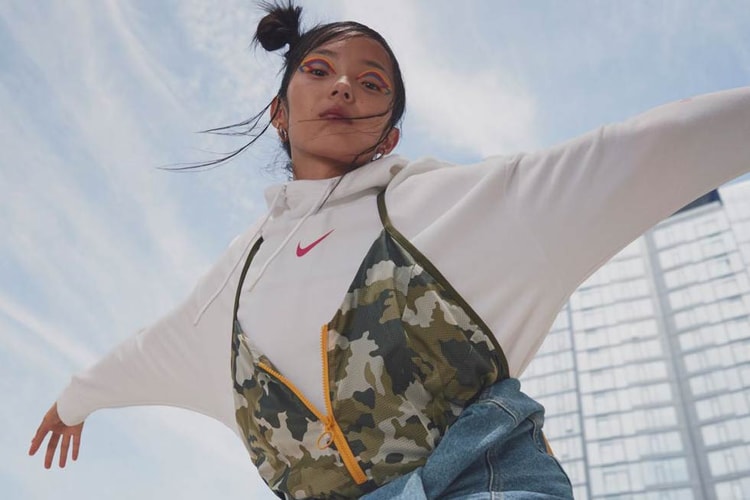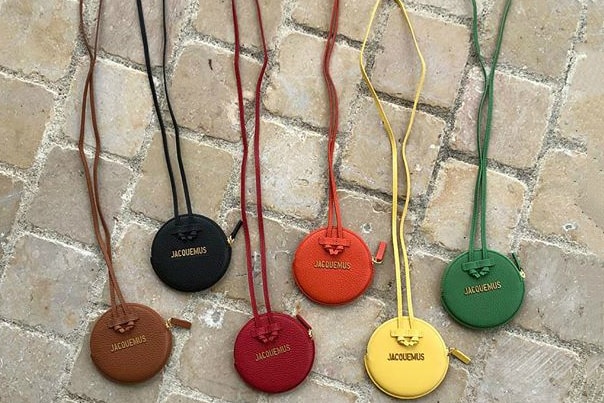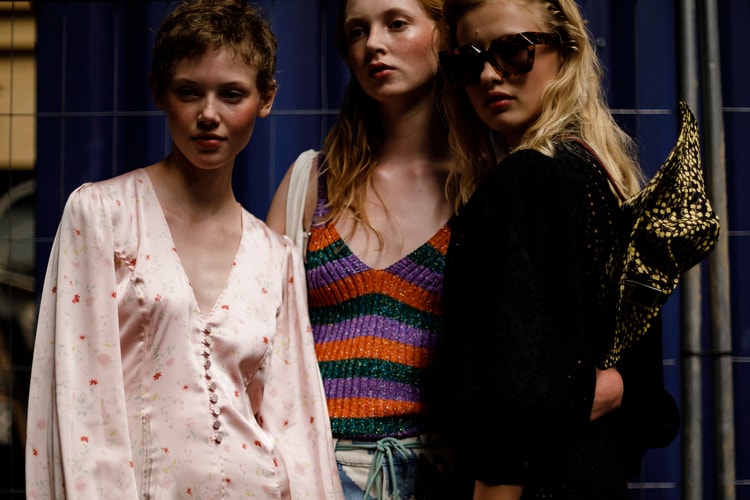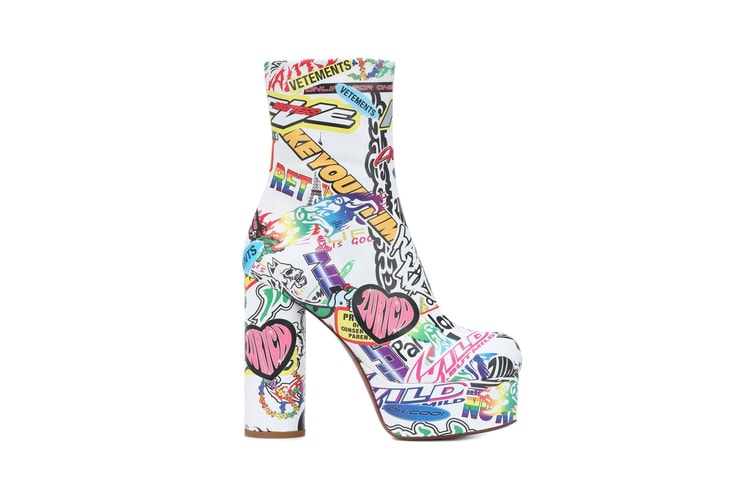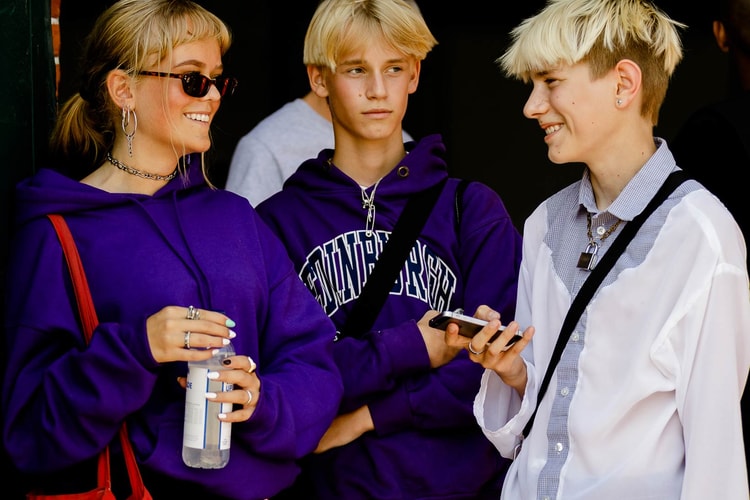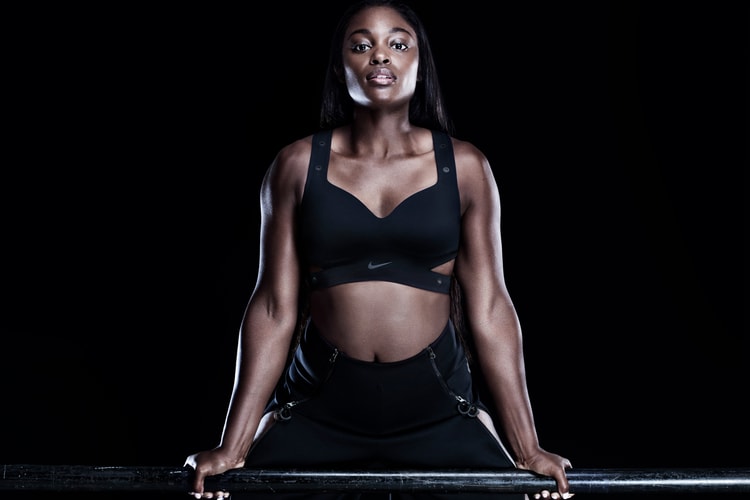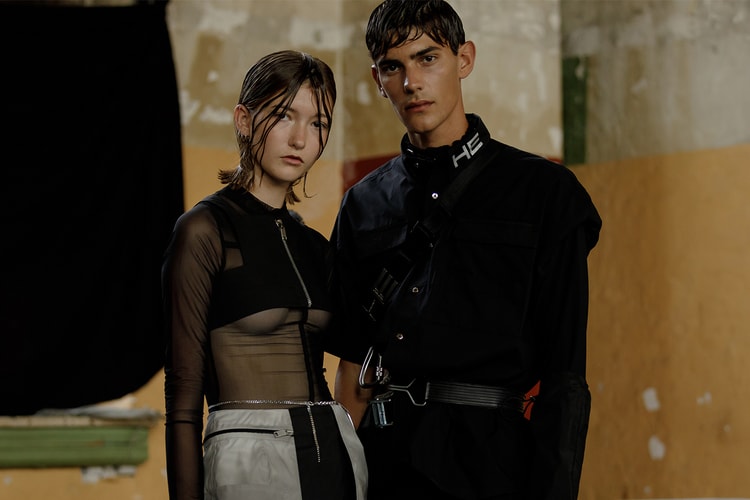

'Skate Kitchen' Film Succeeds in Giving Women Who Skate Their Moment
Director Crystal Moselle and The Skate Kitchen open up in a roundtable interview.
In Skate Kitchen, Camille, an introverted teenage skateboarder, meets a New York City, all-girls skate crew – a real skate collective that inspired director Crystal Moselle‘s new film.
Though Skate Kitchen is a scripted narrative, the story is still very much based on the real skate culture in New York. Everything, points to authenticity with the most indicative being The Skate Kitchen casting.
To immerse Jaden Smith, Moselle revealed:
“There was this kid Alex, he was like the honorary Skate Kitchen boy. We ended up hiring him as a cultural interpreter because he would literally sit and help Jaden with his skater accent. They all have the craziest slang that nobody knows besides them.”
Saturated in appreciation to the culture it emulates, the movie respects its characters, which have succeeded in representing women in skate on no small terms. Filtered through a teen lens, what results is a tale told with the romantic languor that one can appreciate when looking back at our youth.
Read our interview with Crystal Moselle and The Skate Kitchen below.
Crystal Moselle

How did you meet the girls?
I met the girls on the train and then I heard Nina’s voice and it was amazing. I thought they were super cool and asked, “Would you guys want to do a project together?” They were into the idea and I got an opportunity to work with Miu Miu on a short so I brought them in that project.
Was the Miu Miu short the inspiration behind Skate Kitchen?
Yes, I originally thought I was going to make a documentary but then I got the Miu Miu opportunity. The process of making something with them and collaborating was so fun and cool that I was like “Ok, I can do this.” I had never done a feature film before.
What made you want to work with the real Skate Kitchen girls instead of casting actors to play them?
I like working with non-actors so it was natural for me. The girls represent equality.
Was skate culture one that you were already acquainted with, prior to the film?
I grew up hanging out with skateboarders, this is just the younger generation. It’s very similar but their generation inspires me. They’re open-minded and they have a trust in the world that gives me a lot of hope.
What was your approach to cinematography?
I really wanted it to feel like a discovery rather than a set-up, feeling like the camera is finding these moments.
This project is interesting, not least because of the fact both the film and skating industries are ones where women are hugely underrepresented. Why do you think we’re now finally seeing a rise in both?
Women are coming up in all sorts of ways so this is just a metaphor for that. Skate culture has been mainstream for a long time it’s just the girls that are now getting a lot of attention. It’s about time.
The Skate Kitchen
For many of you, this was your first time acting. What was that like and what were the most challenging aspects of the project?
Rachelle Vinberg: It was an introduction into a new world and a new experience. We’ve all watched movies and now we’re able to go behind the scenes and actually be in it and have a say in it.
Kabrina Adams: Skateboarding and acting at the same time.
This film is fictional, however The Skate Kitchen, your love of skating and your sense of community is obviously very real. Was it tricky separating real life from the movie while filming?
Vinberg: Yeah, because a lot of things in it were based on events that happened less than a year before, so we weren’t even over it. It allowed us to take a look at ourselves as people. It was a thing of growth. It was therapeutic.
What was your reaction to hearing that Skate Kitchen was going to be made into a feature film?
Ardelia Lovelace: We finished the Miu Miu short and I was sad and then Crystal said, “You guys want to do a feature film?”
Moselle [chimes in]: You guys want to do a TV show?
Did it change your personal relationships in any way?
Vinberg: It made us stronger because you have to know how to work with each other.

What was your favorite or the most fun scene to shoot?
Everyone: The party scene.
Vinberg: That was the most real scene. That was actually what it looked like on set.
How was it acting with Jaden Smith?
Vinberg: Nina and I were at Chelsea Skatepark one day, and I got a message on Instagram from him. It wasn’t like I was “Instagram famous” or anything. He said he skated and wanted to skate with us. That was September and six months later, Crystal asked if we knew any skaters and he ended up 100 percent wanting to do it.
Working with him is like working like anyone else. It is just a bunch of kids and he was one of the kids with us.
Is the film an accurate portrayal of skate culture in New York?
Vinberg: Yes all the kids in the movie are our friends and skate in New York. Everyone we knew, except Jaden.
Skate documentaries and fictional films like Dragonslayer and Lords of Dogtown all focus on men in skateboarding. How do you hope this film will open up the discussion around women in the industry, and impact girls who are interested in skating?
Lovelace: It already happened before the film. It’s just giving more eyes to what we’re doing.
















